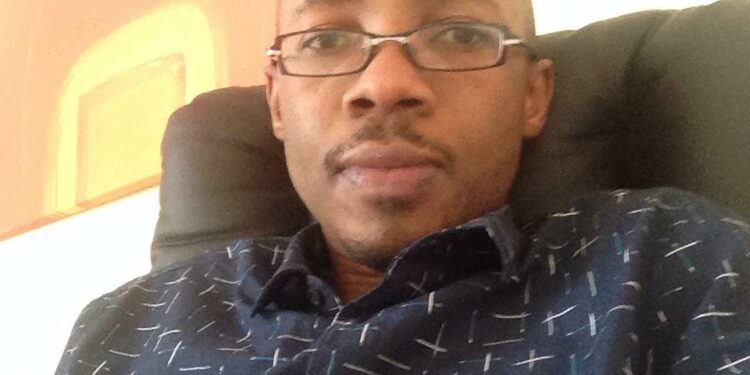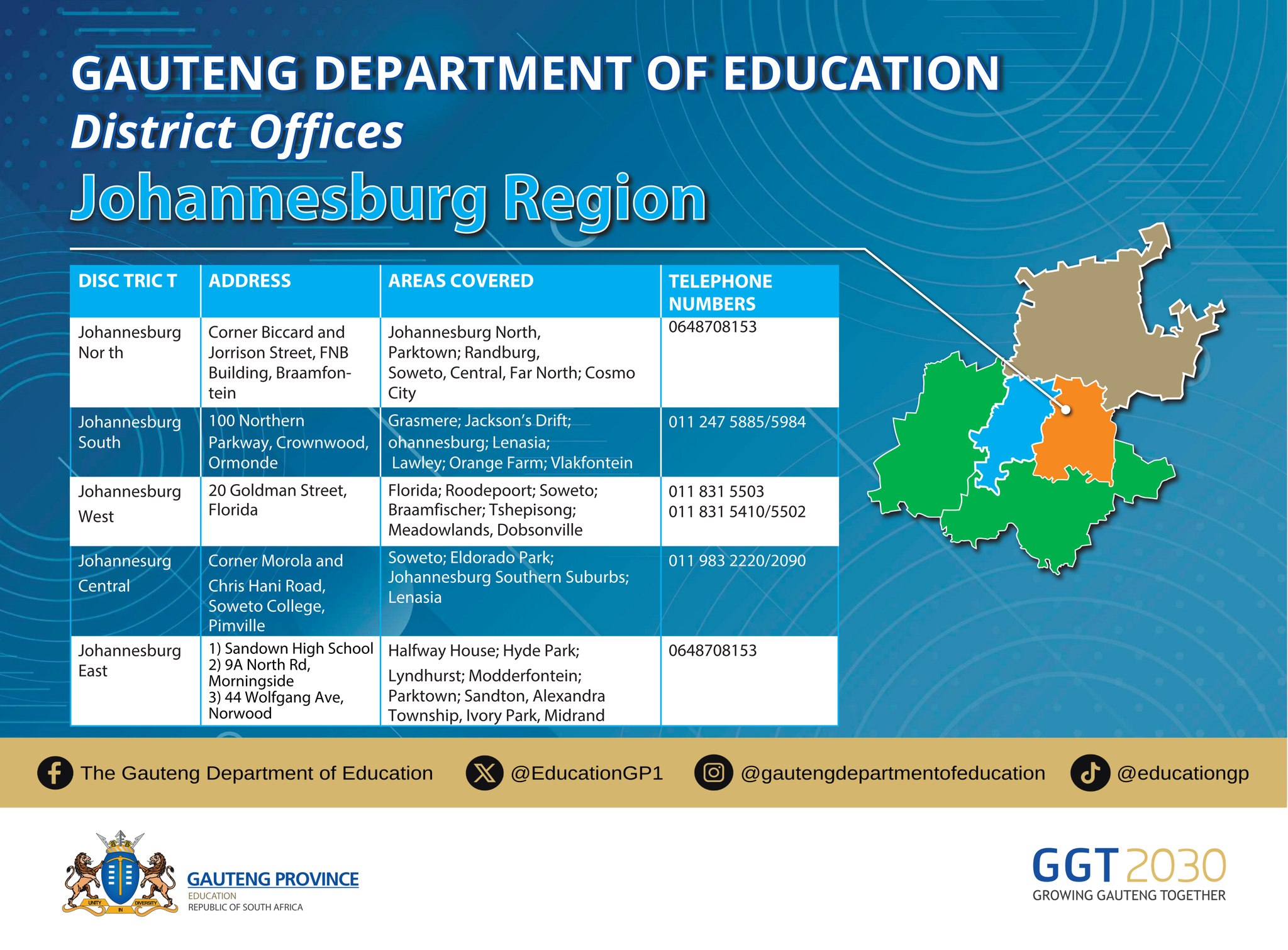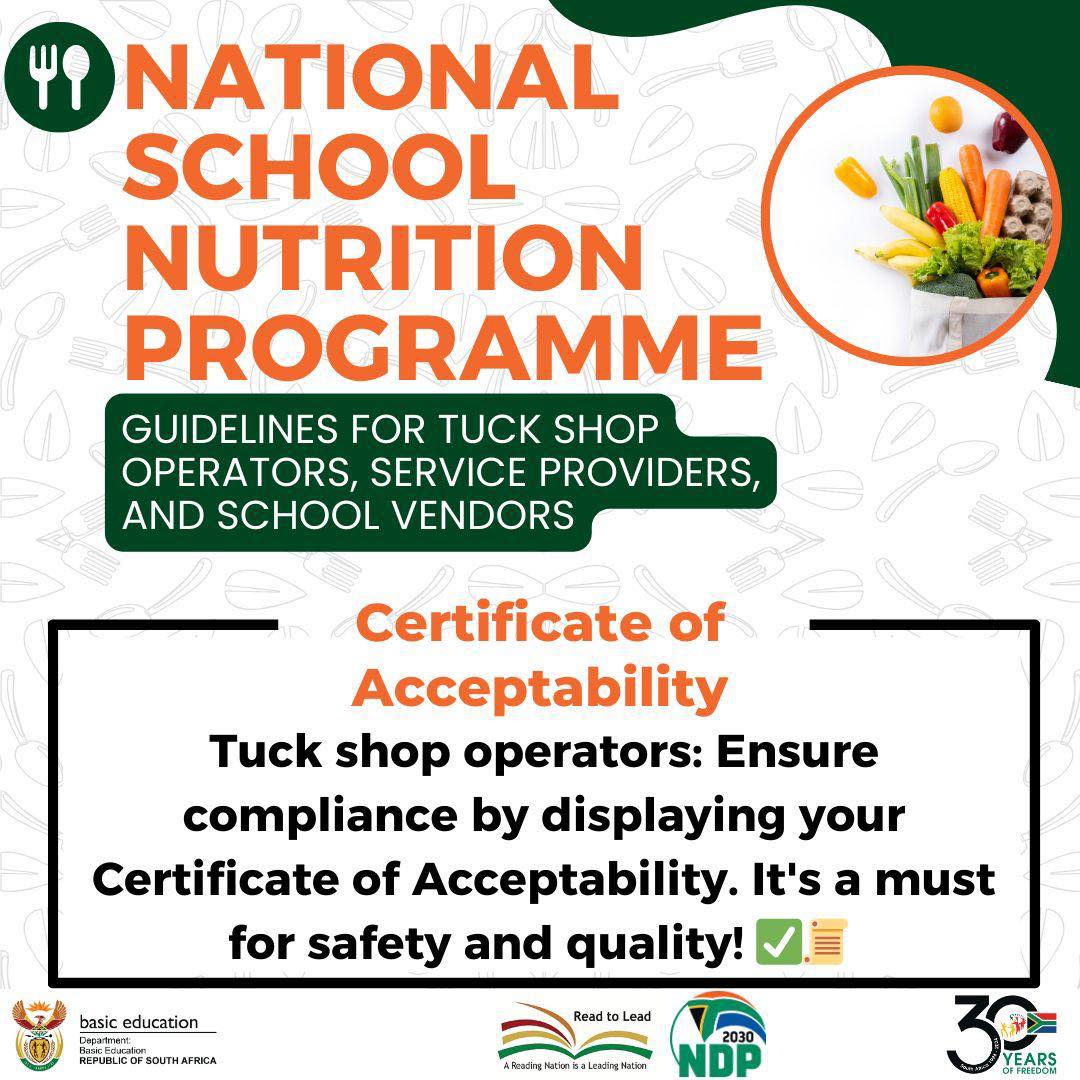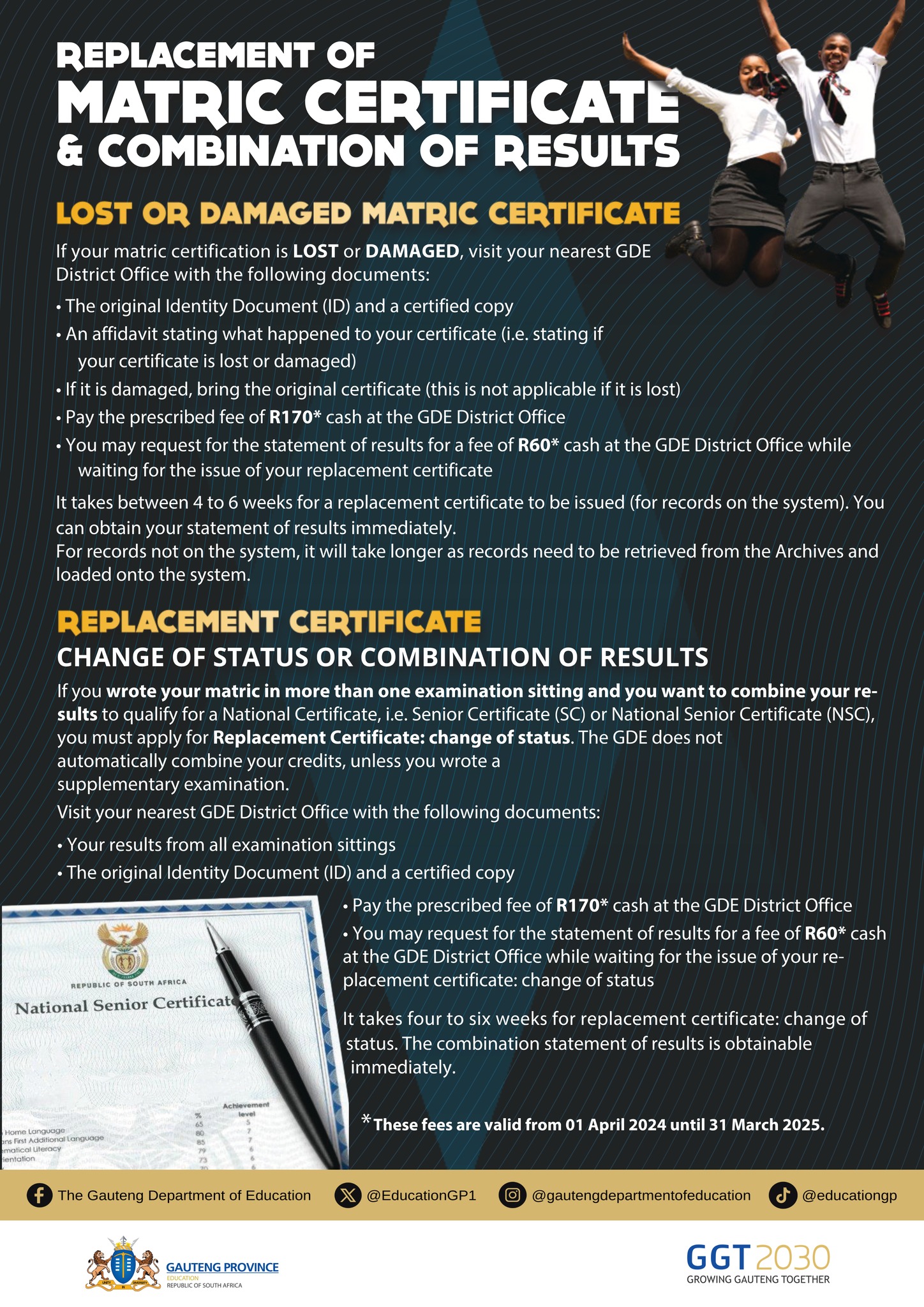How I became a Doctor?
By Dr. Mfundo Kuhlase
By the time I was in Grade 11 I was certain I wanted to be an accountant. When I shared this with my physical science teacher, he took me to one side and delivered a career guidance master class for which I’m eternally indebted.
My parents also deserve some credit, for it is they that addressed any misgivings I had about embarking on a degree course that lasted double the amount of time spent studying for most degree courses.
Too often learners will choose the career of their parents, neighbours or something depicted on television as glamorous or enriching. Or be convinced that because of their grades, they should pursue a particular career path.
Consequently, the first year of university, is characterized by many students changing courses, because it turns out the particular course is deemed unsuitable. It is therefore important, that one considers carefully, a chosen career.
My first interview for a place at medical school didn’t go too well. My limited view of the profession at that time was restricted to ‘helping people,’ which obviously didn’t impress the interviewers. Others associate the profession with elevated social class/status, a proportion see it as a gateway to wealth.
But it is more than that. There are few branches of science that turn research and discovery into observable positive effect on populations. Medicine is one of them. Robert Koch delivered possibly the most important lecture in medical history in 1882, when he presented his discovery of Mycobacterium Tuberculosis, the bacteria that causes Tuberculosis. Prior to this discovery, the disease had threatened to wipe out populations. Discovery and use of vaccines has led to eradication of diseases that historically caused untold human suffering.
Studying medicine is by no means easy. Not only is qualification into medical school extremely competitive, but six years of discipline, rigorous study is admittedly a long time to pursue an undergraduate degree. Add two years of internship and one year of community service, many days of which are spent in lonely hospital corridors in the middle of the night. And that’s before you are eligible to study in one of the specialties.
Beyond all the hard work, can be found immense rewards. The pursuit of scientific excellence can be an extremely rewarding exercise. Whether forging relationships with communities to achieve behavioural changes to prevent disease, or empathising with an anxious patient to achieve a psychological goal, or intervening with a medicinal compound to cure a patient of disease, or using a surgical skill to prevent imminent death, there’s much to appeal to different personalities within the field.
Medicine is intimately intertwined with other disciplines; it’s expansive nature requires knowledge and collaborations in law, economics, accounts, engineering, information technology, human rights and social justice to name a few.
One of the fastest growing areas in medicine is that of research.
Emergence of new diseases and constant changes in infectious agents, environments, means there is pressure on researchers to come up with new strategies to deal with problems decisively. For example, more resources have been spent and research done on the virus that causes AIDS, than all diseases combined in the history of medicine. Global organizations and philanthropists spend billions of rands every year in research and interventions on common infectious diseases, mostly in poorer countries.
Think carefully and gather as much information on a chosen career path. As for me, I found my true calling one spring afternoon in Grade 11.
Dr Mfundo Kuhlase has a special interest in HIV medicine. His private practice is in Diepkloof Soweto. Recently worked in HIV research with PHRU……. Office tel: 011- 528 009










